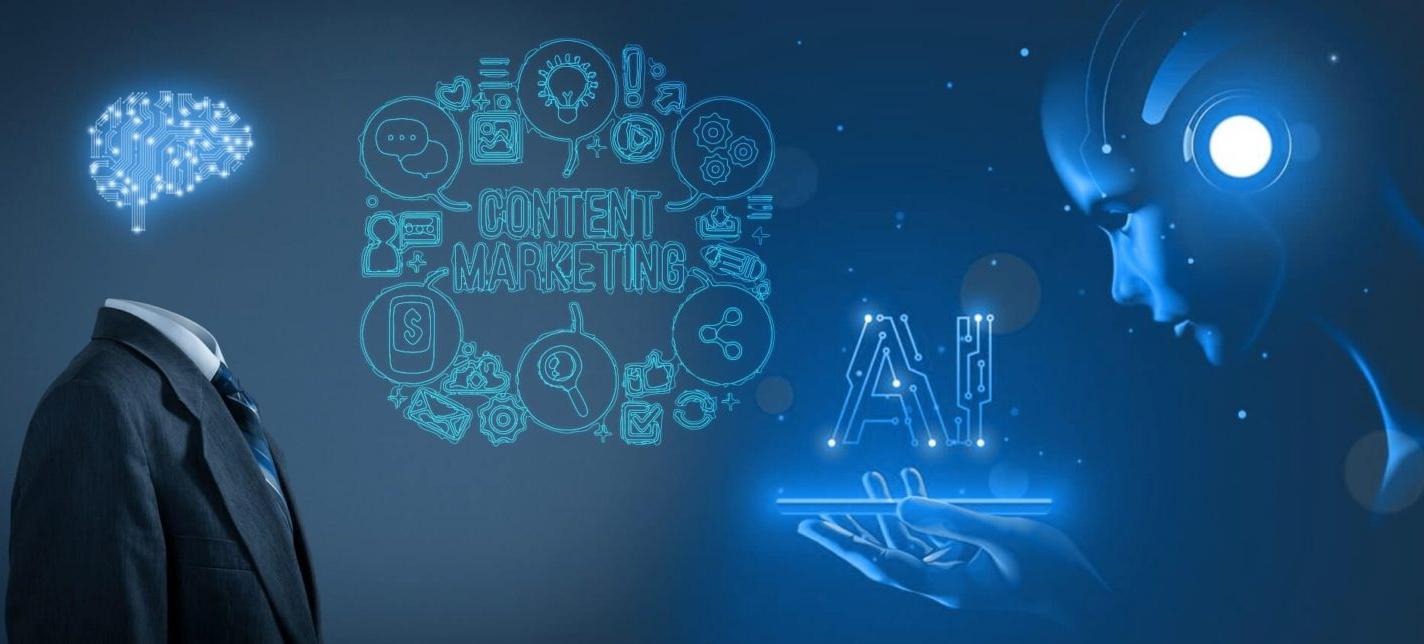AI content marketing tools
However, multiple different technologies fall under the umbrella of AI. These technologies employ similar precepts to perform various cognitive tasks as well as or better than people. Some may be familiar, like computer vision, natural language generation, machine learning, and natural language processing.
Besides this, AI content marketing tools will enable marketing teams to automate some cognitive tasks. For example, Surfer, Growth Bar, Copy AI, Scalenut, etc. They will also be able to recognize and forecast current trends for the future, which will help ensure their marketing campaigns’ progress.

